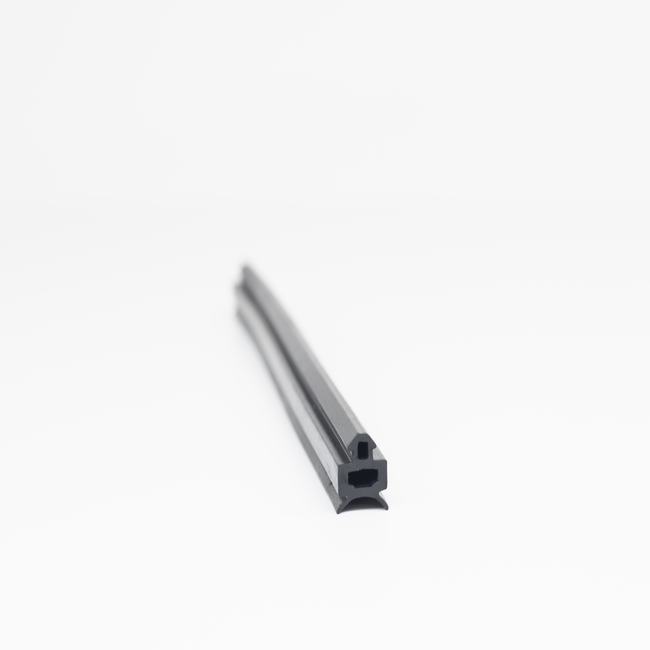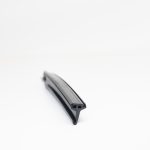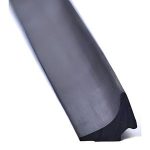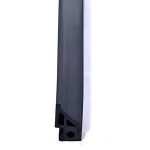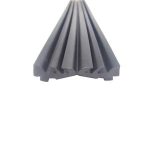GRP pipe seals, also known as glass-reinforced plastic pipe seals or fiberglass-reinforced plastic pipe seals, are essential components used in a wide range of industrial, municipal, and commercial applications. These seals play a critical role in ensuring the integrity and longevity of piping systems, particularly those constructed using glass-reinforced plastic (GRP) pipes.
1. Material Composition: GRP pipe seals are typically made from a combination of high-quality resin and fiberglass reinforcement materials. The choice of materials is crucial as it directly impacts the seal’s durability, resistance to environmental factors, and compatibility with the fluids or substances being transported through the pipes.
2. Purpose and Function: The primary function of GRP pipe seals is to provide a secure and leak-proof connection between GRP pipes or other types of pipes and various fittings or components within a piping system. These seals effectively prevent the leakage of liquids, gases, or solids from the pipe joints, ensuring the safe and efficient operation of the system.
3. Key Features:
- Chemical Resistance: GRP pipe seals are highly resistant to a wide range of chemicals, making them suitable for use in corrosive environments where other materials might degrade or fail.
- Temperature Resistance: They exhibit excellent thermal stability, with the ability to withstand both high and low temperatures without losing their sealing properties.
- UV Resistance: GRP pipe seals can endure prolonged exposure to ultraviolet (UV) radiation without deteriorating, making them suitable for outdoor installations.
- Mechanical Strength: The inherent strength of the fiberglass-reinforced plastic materials used in these seals ensures they can withstand mechanical stresses and maintain their sealing capabilities under pressure.
- Longevity: GRP pipe seals are known for their long service life, reducing the need for frequent replacements and maintenance.
- Easy Installation: They are designed for straightforward installation, often requiring minimal tools and expertise.
4. Applications: GRP pipe seals find application in various industries and sectors, including:
- Water and Wastewater: They are commonly used in water treatment plants, sewage systems, and irrigation networks.
- Chemical Processing: Due to their chemical resistance, these seals are ideal for conveying chemicals and corrosive substances.
- Oil and Gas: GRP pipe seals are used in pipelines for transporting oil, natural gas, and other hydrocarbons.
- Marine and Offshore: They are suitable for marine applications, such as seawater intake and outfall systems.
- Industrial Manufacturing: Industries like food processing, pharmaceuticals, and pulp and paper use GRP pipe seals in their production processes.
- Infrastructure: These seals are employed in infrastructure projects like bridges, tunnels, and culverts.
5. Customization: Manufacturers of GRP pipe seals often offer customization options to meet specific project requirements. This includes variations in size, shape, and material formulations to ensure a precise fit and optimal performance in various applications.
In summary, GRP pipe seals are indispensable components in modern piping systems, known for their durability, chemical resistance, and versatility. They contribute to the efficient and reliable conveyance of fluids and materials across a wide range of industries and are vital for maintaining the integrity of GRP piping systems. Their adaptability to diverse environmental conditions and ease of installation make them a preferred choice for sealing pipe joints in numerous applications.
